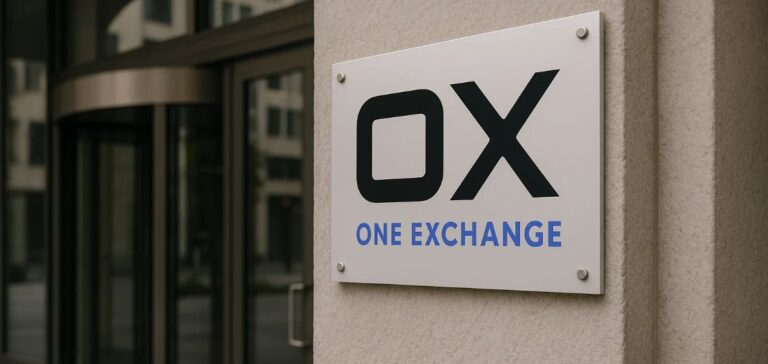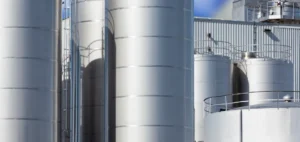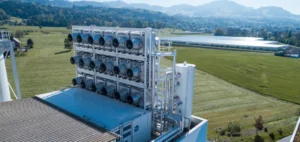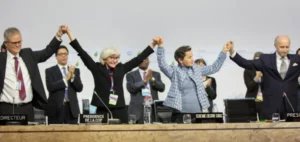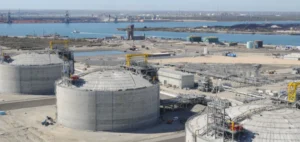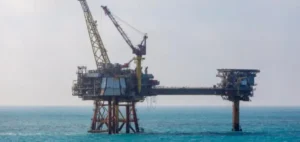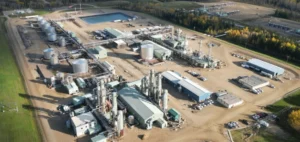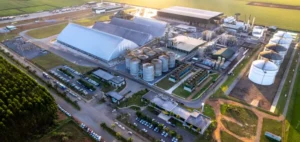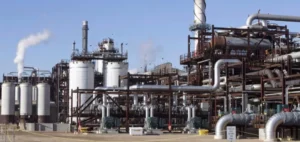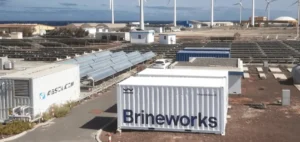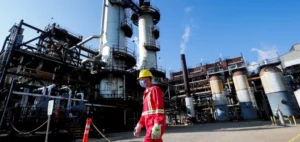One Exchange Corp., a Canadian company specialising in energy markets, has officially announced the launch of OX CO₂, a new digital trading platform dedicated to the carbon market. The project is developed in partnership with Stephen Avenue Marketing Inc., also based in Calgary. According to both companies, the platform aims to deliver increased transparency and liquidity to a sector often viewed as complex.
A solution targeting voluntary and compliance markets
OX CO₂ is designed to operate in both voluntary and compliance carbon markets, addressing the needs of a diverse range of participants. The platform will allow companies, brokers, and institutional buyers to access an optimised trading environment that combines automation with strategic support. Perry Undseth, President and Chief Executive Officer of One Exchange, stated, “OX CO₂ is not just a platform — it’s a commitment to making the carbon market more accessible.”
According to the information published, OX CO₂ leverages its founders’ brokerage experience along with advanced digital tools. This includes the integration of verification and traceability modules to ensure transaction clarity for market participants.
A focus on liquidity and transparency
Logan Downing, Managing Director of Stephen Avenue Marketing, said the platform sets “a new industry benchmark” by combining human expertise with the power of digital technologies. He added that every transaction is designed to be strategic, informed, and easily executable in a historically fragmented market.
OX and SAM confirmed that the platform is now open to all interested actors, including compliance credit buyers and entities engaging in voluntary mechanisms. No details have yet been provided regarding expected volumes or financial partners involved.


